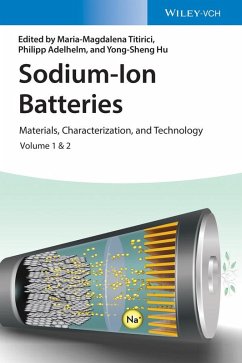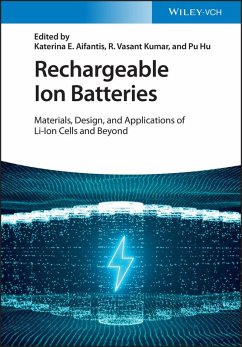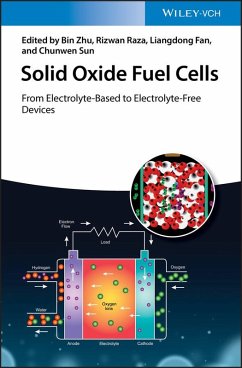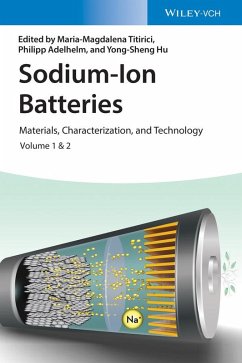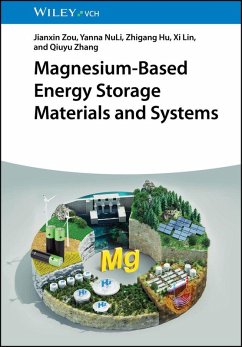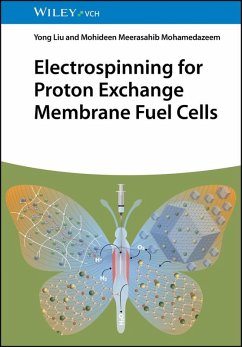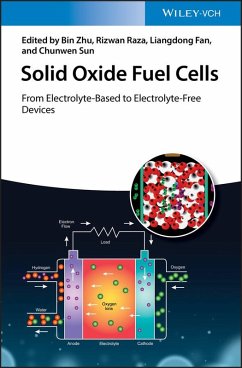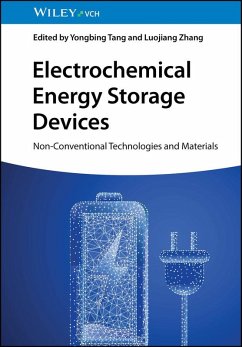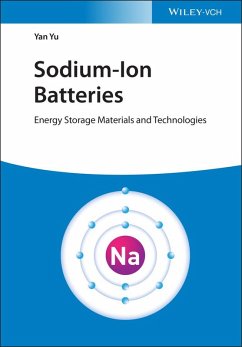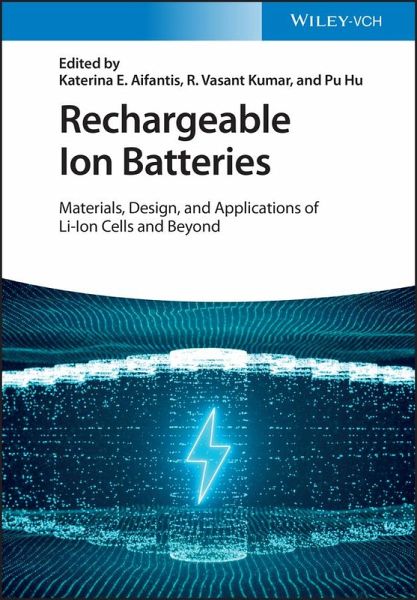
Rechargeable Ion Batteries (eBook, ePUB)
Materials, Design, and Applications of Li-Ion Cells and Beyond
Redaktion: Aifantis, Katerina E.; Hu, Pu; Kumar, R. V.
Versandkostenfrei!
Sofort per Download lieferbar
Statt: 155,00 €**
138,99 €
inkl. MwSt. und vom Verlag festgesetzt.
**Preis der gedruckten Ausgabe (Gebundenes Buch)
Alle Infos zum eBook verschenkenWeitere Ausgaben:

PAYBACK Punkte
0 °P sammeln!
The book provides an in-depth overview of concepts, materials and applications of Li-ion and novel ion-based batteries, including innovative approaches such as nanostructured and thin film anodes and cathodes.
Dieser Download kann aus rechtlichen Gründen nur mit Rechnungsadresse in D ausgeliefert werden.




